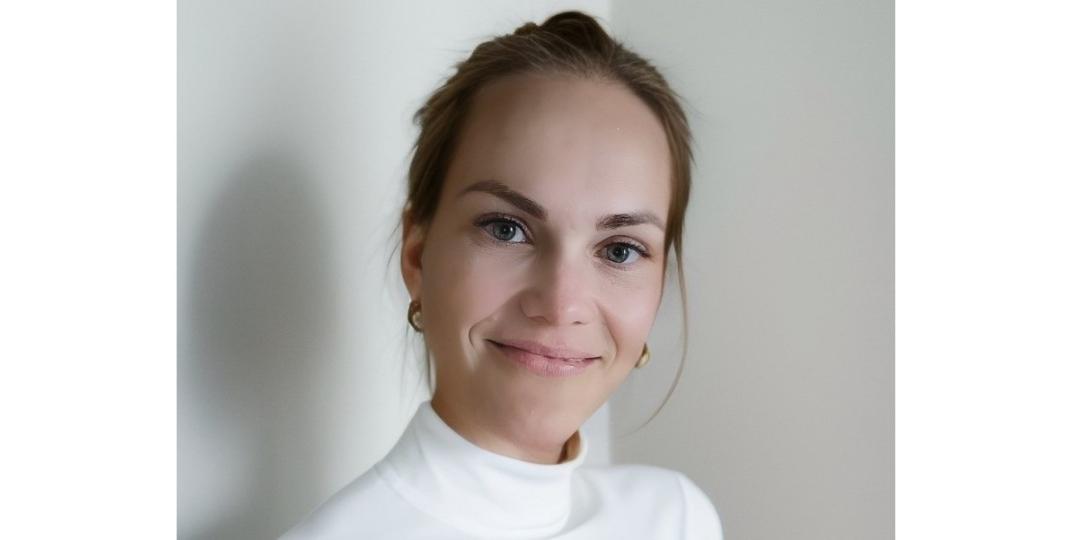Hospitality businesses are feeling bullish according to the new African Hospitality Confidence Index for 2024, which also tracked increasing use of AI technology and the continued rise of bleisure travel as strong trends in the sector.
The Index, released for the second year by dmg & Kaoun and Moore Global, surveyed 537 respondents in 30 African countries to produce a snapshot of the continent’s hospitality industry.
Key findings from the report were detailed at its launch on Tuesday (March 12), held in conjunction with FEDHASA in Cape Town.
Confidence
“Overall, the majority of respondents are positive and, following the pandemic, we all know what that meant for the country as a whole. So in general, people are looking at the future with confidence,” said Chantel Dipple, Knowledge Manager at Moore Global, who presented the findings of the report.
The report reflects that, overall, African businesses in the sector are confident, with 80% of respondents indicating that they feel positive in the medium to long term (12 months+). About 68% reported feeling positive or very positive about the current state of the industry.
Artificial Intelligence
AI is a major buzzword for industries across the board, and the hospitality industry is no different. According to the report, global AI spend in the hospitality market was valued at US$90 million in 2022, expected to grow at a compound annual growth rate of 60% into 2033.
The report indicates widespread familiarity with the technology, with 79% of businesses surveyed indicating some level of familiarity, although one in five businesses indicated that they were not at all familiar with AI. Almost a quarter (23.17%) indicated that they were already using AI technologies or systems in their operations.
Some of the challenges identified by African operators, however, included the cost and resource allocation, as well as data privacy and security.
Jeff Blackbeard, Global Director of Sectors and Markets Regional Director Moore Global Africa & Middle East also cautioned that proper planning for the implementation of AI was required.
“If you are retrofitting AI into legacy systems, you’re going to be hit six love.” He added that the people who knew and understood the technology the most, were also not likely to be in senior management in businesses.
Bleisure
Bleisure customers account for a growing share of the total customer base in Africa, with 92% of survey respondents describing bleisure customers as significant. Respondents also indicated that increased occupancy translated into increased revenue, with 76% indicating some kind of positive impact on revenue generation.
Dipple said that, in addition to bleisure, African countries should be looking to take advantage of events-based travel. She said the global response to the Taylor Swift Eras Tour, which has resulted in massive tourist incomes for countries hosting her, was an example of the growing trend towards events-based travel.
“With Africa becoming more of an events consideration, whether that is for sport, music or other business-type events, this is a trend to look out for in the years to come.”
Finance
Increased confidence is also seeing a more positive outlook on the finance side, with about 7% of respondents indicating that they planned high-level capital expenditure (CAPEX) over the next year compared with just 3% in 2023. In the medium to long term, 11% of respondents were planning to undertake CAPEX projects, compared with 5% in 2023.
Inflation, however, remains a concern, contributing to higher costs in food and energy specifically. Higher interest rates have also had an impact, with 46% of respondents saying they have had to explore alternative finance options or adjust their financial strategies.
When asked what revenue management practices they were currently using in their businesses, more than half of operators (52.67%) indicated using dynamic pricing, 42% said they were using upselling and cross-selling, 40% used group and event pricing and 38% implemented seasonal pricing. One in ten said they were still using practices like overbooking.























